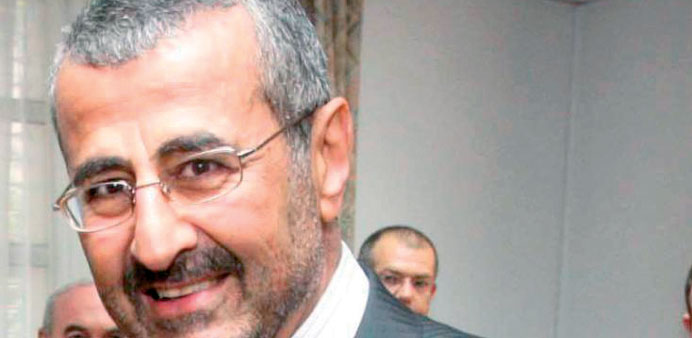|
Cyprus could use its reserves of gas to meet up to 40% of Europe’s additional gas needs over the next decade, helping to curb the European Union’s reliance on Russia, the head of the island’s national gas firm said. |
Europe has hopes Eastern Mediterranean gas reserves can help to diversify its supply sources, as well as easing Cyprus’s economic pain and potentially playing a role in healing the rift between the northern and southern parts of the island.
Charles Ellinas, executive chairman of the Cyprus National Hydrocarbons Company, said authorities would also push ahead with plans to develop a liquefaction plant to handle exports expected from 2020.
But gas from the region also comes with Middle East complications since the fields are split with Israel and Lebanon, two countries technically at war, and Turkey objects to ethnically split Cyprus tapping offshore reserves.
“I am very confident that Cyprus can provide Europe with 30 to 40% of its additional gas needs by 2025,” Ellinas told Reuters as part of a series of interviews on the gas market.
Europe’s gas demand is slightly below 500mn cubic metres a year, and Ellinas estimated the increase in demand by then to be around 100bn cubic metres (bcm) a year, although many analysts say demand will grow much more slowly.
The US Geological Survey estimates a mean 122tn cubic feet (3.5tn cubic metres) of recoverable gas lie in the eastern Mediterranean basin, as well as 1.7bn barrels of recoverable oil.
Much of it lies trapped beneath the sea bed between Cyprus, Israel and Lebanon, including two vast gas fields off Israel which are some the largest discovered in the past decade.
So far an estimated 200bcm of natural gas worth $80bn at current prices have been discovered in the Aphrodite gas field in Cypriot waters, but research suggests that developing the field would require large amounts of upfront investment into a project that may not deliver high returns.
Analysts say gas prices could fall after 2015 when a wave of new supplies become available in the US, Australia and Africa.
Consultants estimate the first phase of the LNG facility including infrastructure and one delivery chain will cost $6bn. One option under consideration for funding the project was to use the LNG sales agreements as collateral.
“Given that the ownership of gas is, roughly speaking, two-thirds Cyprus’s and one third to oil companies, these LNG sales agreements are worth a large amount of money which can provide security for loans,” Ellinas said.
Ellinas said there was a chance developing the gas could lead Turkey and Cyprus to bridge their 40-year differences.
“One of the reasons Turkey has been putting so much pressure on everybody is because of their own needs (for gas),” he said.
The gas windfall is one economic positive for Cyprus, where the terms of an EU and International Monetary Fund bailout will see the island’s €17.5bn ($22.51bn) economy shrink by more than 8% this year.
Despite its close business ties with Cyprus in other sectors, Russia does not have any involvement in the island’s attempts to develop its offshore energy sources.
“The Eastern Mediterranean is a secure, independent supply corridor. It’s probably best if Russia is not involved,” Ellinas said when asked about Russian involvement.
Cyprus has signed production sharing contracts with US based Noble Energy, France’s Total, Italy’s ENI and South Korea’s KoGas.
Ellinas said Noble was scheduled to start appraisal drilling in June to verify initial findings of between 5 and 8tn cubic feet (tcf) of gas. Total was scheduled to start an exploratory drill in 2014, and ENI by 2015 or possibly earlier.
“I have seen the estimates of ENI and Total about how much gas there is in their blocks and it is quite significant,” he said. Asked if the estimates were on a par with those of Noble, he said: “The short answer is yes.”
Ellinas, who previously held senior positions at energy firm Mott MacDonald, said the construction of a pipeline to channel the gas to markets was impractical because of sea depths, but said that could not be ruled out in the future.
For now, the island will move ahead with plans to construct an LNG terminal, which will liquefy gas and ship it.
The terminal, which is expected to be built at Vassilikos, on the island’s south, could handle gas fom Israel and Lebanon as well as Cyprus, he said.

